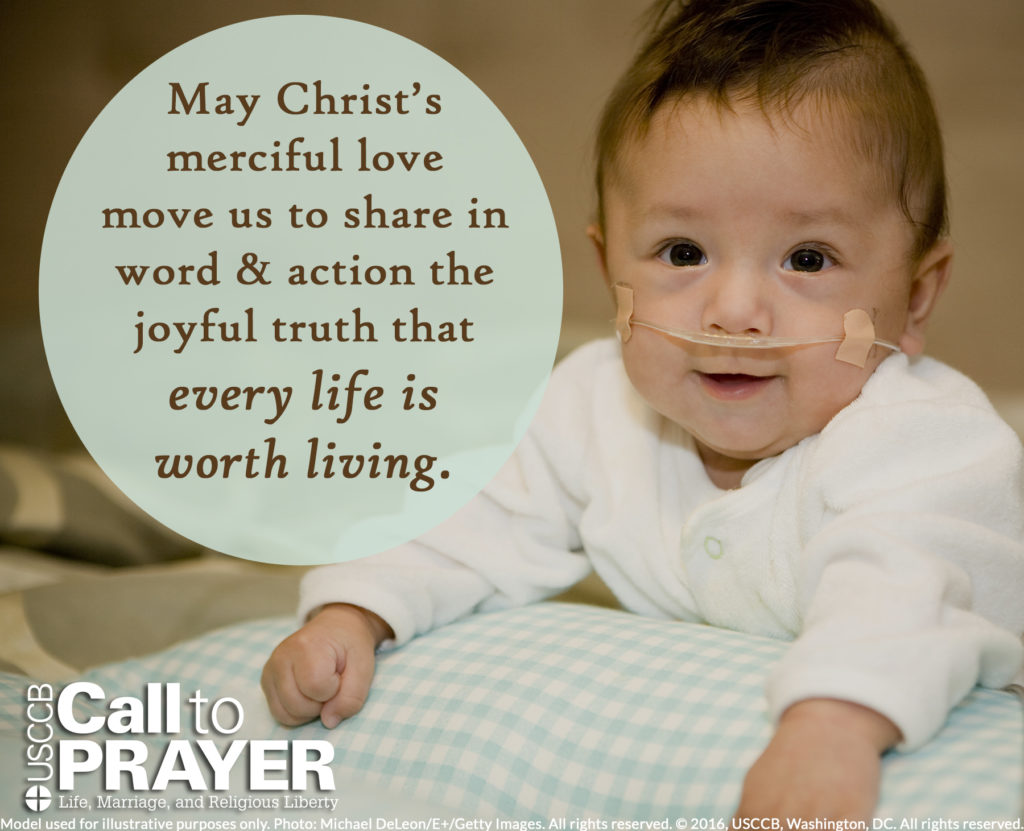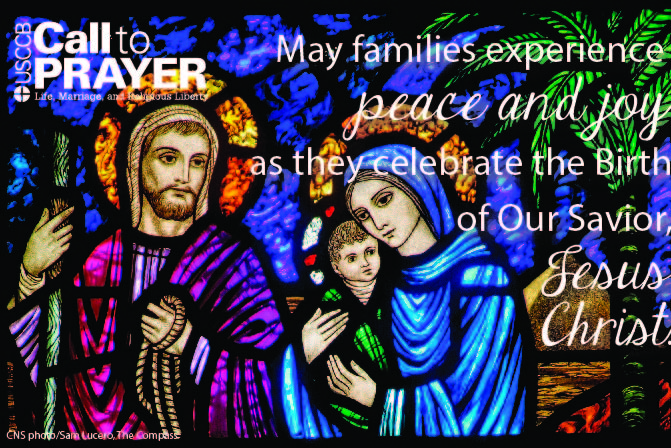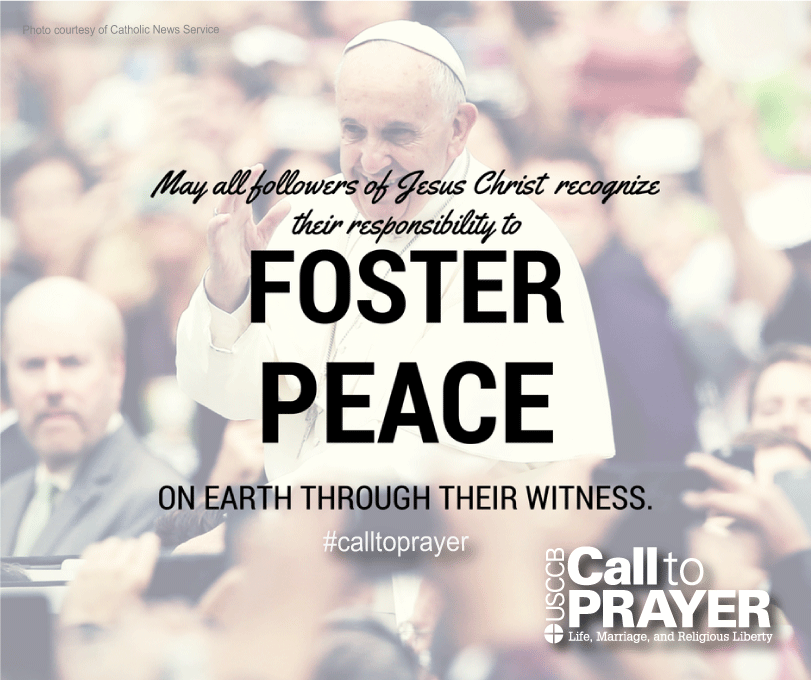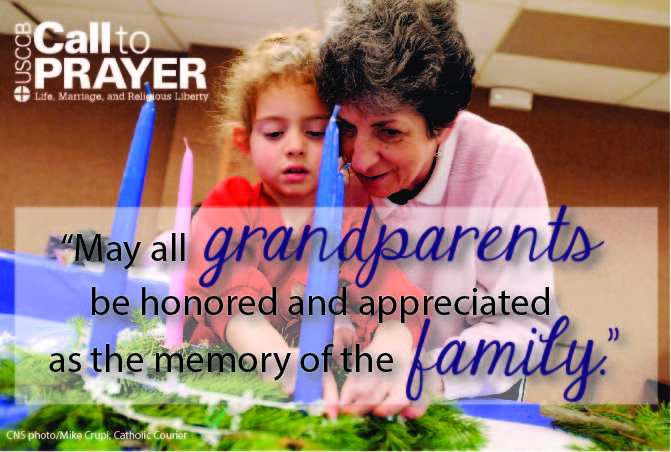Call to Prayer: December 30, 2016
Archive
Call to Prayer: December 23, 2016
Archive
Made for Freedom: Kellie Fiedorek on Religious Freedom in the Courts
America is somewhat infamous for her people’s litigious attitudes: we will, it seems, sue anyone over anything. Think about all the common-sense warnings on items that you buy: somewhere, someone pointed out that without that warning, the company could be sued.
Lawsuits are not always, or usually, the best way to solve disagreements. As Jesus taught, it is best if we can work our differences out “on the way to court” (see Mt 5:25). While a lawsuit may sometimes seem to be the only way to address a wrong that has been done, it is not the normal course of action. Today’s clip from Made for Freedom features an attorney for the Alliance Defending Freedom, Kellie Fiedorek, who is speaking about her work in defending Christians and others who are being sued for refusing services which would compromise their beliefs. One may reasonably ask whether it is appropriate to sue someone over these incidents.
People might disagree about whether creating a flower arrangement or a wedding cake for a same-sex couple’s ceremony is cooperating in an immoral activity, but surely we can all agree that a person should never be forced by the government to do something that goes against their conscience.
At times of crisis and war, America has upheld the rights of conscientious objectors to serve in ways other than in battle. The government may choose to fight, but they do not force someone to fight if it goes against their conscience. One could make the same case here. The government has redefined marriage in the law. It has decreed that two men or two women can be united in the same way as a man and a woman. This goes against the religious beliefs of many people in our society. Why should they be coerced into going along with it?
Opportunity
Take some time to become more familiar with one of the people affected by a lawsuit over the redefinition of marriage or sexuality:
Archive
Call to Prayer: December 16, 2016
Archive
Made for Freedom: Peter Range on Adoption
Peter Range shares a bit of his experience in adoption ministry in today’s clip:
Peter talks about a child being “grafted into a family with a mother and a father.” When you choose to “graft” something on to something else, you want to make sure that the thing you are grafting onto is healthy and robust. In gardening, grafting is done to strengthen the plant, to give it the best chance of surviving. In adoption, a birth mother is placing her child lovingly into the arms of those she believes and trusts will give her child the best chance at thriving.
As Peter notes, when an agency is looking to place a child into a new “forever” home, they are looking for the best environment for the child; they would not want to place a child into a home that is lacking a fundamental element that the child needs, or that features something that child should not be exposed to. (As a simple example, an adoption agency would not be doing its job well if they placed a child with severe pet allergies into a home where the parents have 3 dogs and 5 cats!) In this way, Catholic adoption agencies seek to place children in homes with married couples, whenever possible. This is so that the child will grow up with a mother and a father; a man and woman who will step in to offer the child what their natural mother and father could not.
Opportunity
Consider the experience of adoption and the testimony of adopted children to their interest, or lack thereof, in meeting their birth parents. How can the Church accompany these children and their parents?
Archive
Made for Freedom: Alana Newman on Third-Party Reproduction
“The fact that connects us all, as human beings, is the fact that everybody comes from a mother and a father.”
Alana Newman speaks in today’s clip with a forceful rhetorical statement, that if we tweak this fundamental fact of human existence, we are “robbing [someone] of their humanity.” She speaks from personal experience of the pain of a child who is denied the right to know her father. Did you know that children who are born of third-party reproduction[1] do not have any rights to know who their natural father (or mother) is? Alana speaks about this later in the video, saying that when she learned that the sperm donor was Polish, she flew to Poland so that she could know something of her heritage in that way. Her experience led Alana to start a project called Anonymous Us, a story collective of children from third-party reproduction. She also put a number of these stories into a book that was recently published.
Opportunity
Today, take the opportunity to think about what knowing your natural parents, and thus their families as well, has meant to you; or, if you have been unable to know one or both of them, consider this loss and how you have been able to overcome it. Think of a single parent that you know, and ask yourself if there is a way for you to help them as they raise their child, particularly if you can act as a mentor in the place of a missing parent. While you can never replace that loss, you could help the child navigate it.
[1] Third-party reproduction is the term used to describe when the reproductive faculties or material of a third person (whether this person is known to the person/couple or not) are used in some way to “make” a child for the other person/couple. The most common form of third-party reproduction is artificial insemination, in which a man “donates” his sperm (he is paid for this), which is then used to fertilize a woman’s ovum. Other forms use a “donated” egg or even an embryo of another couple.



